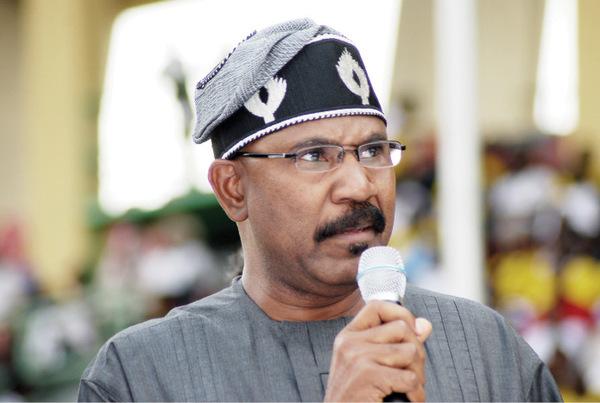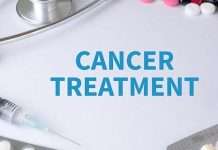The Federal Government on Friday says it had trained more than 1,500 health care practitioners for the adequate provision of evidence-based drug treatment services.
Dr Adeleke Mamora, Minister of State for Health, said this in Abuja, at a news briefing on the dangers of non-medical use of opioid pharmaceuticals and other substances of abuse.
Mamora said that the theme for the year’s World Drug Day “Share Facts on Drugs, Save Lives” was aimed at combating misinformation and improving understanding of the world’s drug problem.
The News Agency of Nigeria (NAN) reports that the International Day against Drug Abuse and Illicit Trafficking, or World Drug Day, is marked on 26 June every year, to strengthen action and cooperation in achieving the goal of a world free of drug abuse.

Mamora said that the ministry was paying special attention to the issue of drug-use disorders and related health conditions as a major public health concern, despite the challenges.
The minister said that based on the World Health Organisation (WHO) 2015 estimates, psychoactive drug abuse was responsible for more than 450,000 deaths per year.
“The drug-attributable disease burden accounts for about 1.5 per cent of the global burden of disease.; while Injection drug use (IDU) accounts for an estimated 30 per cent of new HIV infections outside sub-Saharan Africa.
“It contributes significantly to the epidemics of hepatitis B and C in all regions of the world,’’ he added.
Mamora also noted that the menace of drug abuse had reached epidemic proportions and thus required concerted efforts by all, as drug trafficking and use not only threatened a nation’s security, governance and development, but also the health of its citizens.
He said that the 2018 National Survey on drug use and health estimates, puts the prevalence of drug use in Nigeria at 14.4 per cent, which corresponds to 14.3 million people aged between 15 and 64 years.
“This is about three times more than the 2017 global prevalence of 5.6 per cent amongst the adult population,’’ Mamora said.
He disclosed that the ministry had upgraded 11 hospitals as Model Drug Treatment Centres across the six geo-political zones of the country, seven of which are designated as regional training centres for drug dependence treatment.
The hospitals are: the Aminu Kano Teaching Hospital, Kano State, Federal Neuropsychiatric Hospital (FNPH) Aro, Abeokuta, National Hospital Abuja, and the Federal Neuropsychiatric Hospital (FNPH) Kaduna, Kaduna State.
Others are: the Federal Neuropsychiatric Hospital (FNPH) Maiduguri, Borno State, Jos University Teaching Hospital, Plateau State, University of Port Harcourt, Rivers state, and Quintessential Hospital, Jos, Plateau State.
As much as law enforcement and criminal sanctions play a key role in reducing availability and accessibility of illicit drugs and their use, such measures should be balanced with adequate drug demand reduction strategies, the minister said.
He said that the ministry was also promoting the implementation of the National Policy for Controlled Medicines and its strategies.
According to him, the policy would ensure sustained availability and accessibility to controlled medicines for medical and scientific purposes, while preventing diversion.
He said the strategies were also expected to promote rational prescribing, dispensing and use of controlled medicines in Nigeria.
“ We have developed national guidelines for quantification of narcotic medicines and estimation of psychotropic substances.
“The guidelines enabled us to conduct the second National Survey on Quantification of Controlled Medicines in 2019, which revealed a realistic estimate of the controlled medicine needs for medical and scientific purposes,’’ Mamora said.
also speaking, Prof. Mojisola Adeyeye, Director General, Nigeria’s National Agency for Food and Drug Administration and Control (NAFDAC), said that the sale of drugs in the open was not helpful to the issue of abuse.
Adeyeye called on parents to educate their children on the dangers of drugs use as this could affect their future.
“The parents need to ensure that the children are properly trained and educated on the dangers of drugs to their lives.
“The parents needs to monitor the activities of their children, where they go and the kind of friends they keep, because training begins from the home,’’ she said. (NAN)










